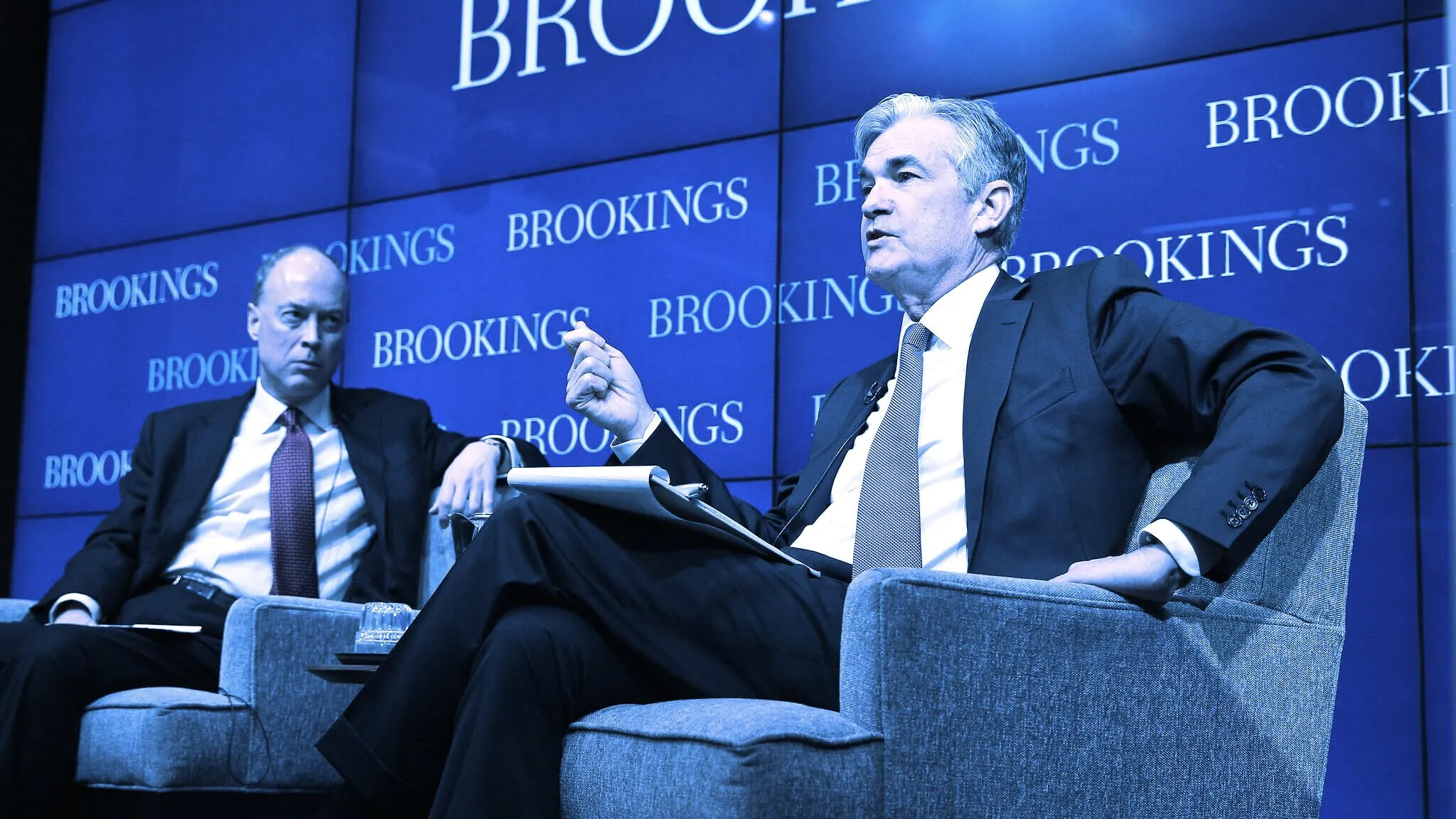In brief
- The Federal Reserve believes the current bump in inflation is temporary, due to the country's emergence from the pandemic.
- However, Fed Chair Jerome Powell said it may last longer than expected.
Inflation is at its highest level since 2008. While Federal Reserve Chairman Jerome Powell believes it will subside, he admitted it could linger at current levels or even go higher.
"As the reopening continues, shifts in demand can be large and rapid," Powell said in a press conference following a two-day meeting of the Federal Open Market Committee (FOMC). "And bottlenecks, hiring difficulties and other constraints, could continue to limit how quickly supply can adjust, raising the possibility that inflation could turn out to be higher and more persistent than we expect."
The price of Bitcoin remained largely unchanged on the news, as inflation may already be baked into the price of the asset many see as a hedge against the phenomenon. Indeed, inflation has been known to be on the rise for several months; the US Consumer Price Index in April showed the largest year-to-year percentage increase in 13 years.
The Federal Reserve, charged with controlling the nation's money supply, has targeted a long-term inflation rate of 2%. While inflation lowers the purchasing power of the dollar, a bit of it can theoretically help boost employment, at least in the short term.
But after long falling below its 2% target, inflation is now well above that mark; consumer prices were 5% higher in May 2021 than they were in May 2020. Therefore, the central bank may have to boost interest rates to cool off inflation. Thirteen of 18 officials now expect to raise short-term interest rates before the end of 2023.
Bitcoin advocates generally cast a wary eye, if not downright disdainful glances, at the Fed. With the total number of BTC capped at 21 million, Bitcoin is deflationary and should theoretically increase in purchasing power as adoption spreads.
In an appearance at the Bitcoin 2021 conference in Miami earlier this month, Congressman Warren Davidson (R-OH) and Senator Cynthia Lummis (R-WY) took aim at the central bank's expansionary monetary policy. To stave off a recession during the coronavirus pandemic, it created and pumped several trillion dollars into the economy.
"The Fed is basically Dogecoining the US dollar," said Davidson, in reference to DOGE's abundant, ever-increasing supply.
The FOMC doesn't see it that way: "Inflation has risen, largely reflecting transitory factors," it said in a statement today. "Overall financial conditions remain accommodative."

